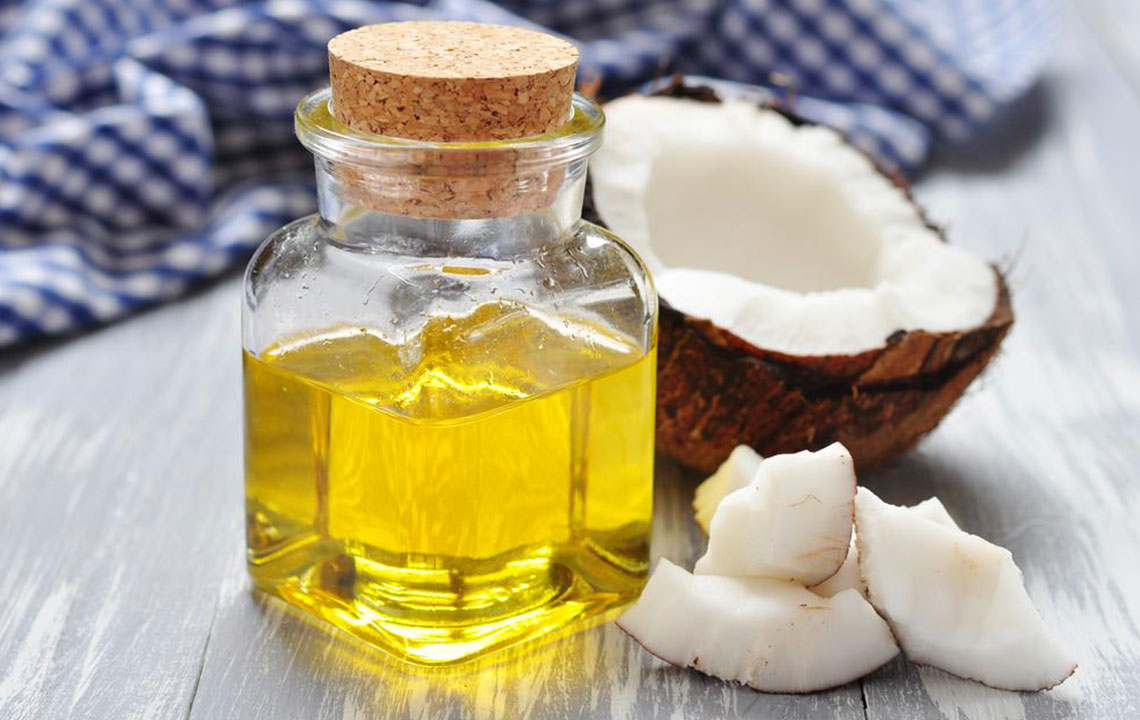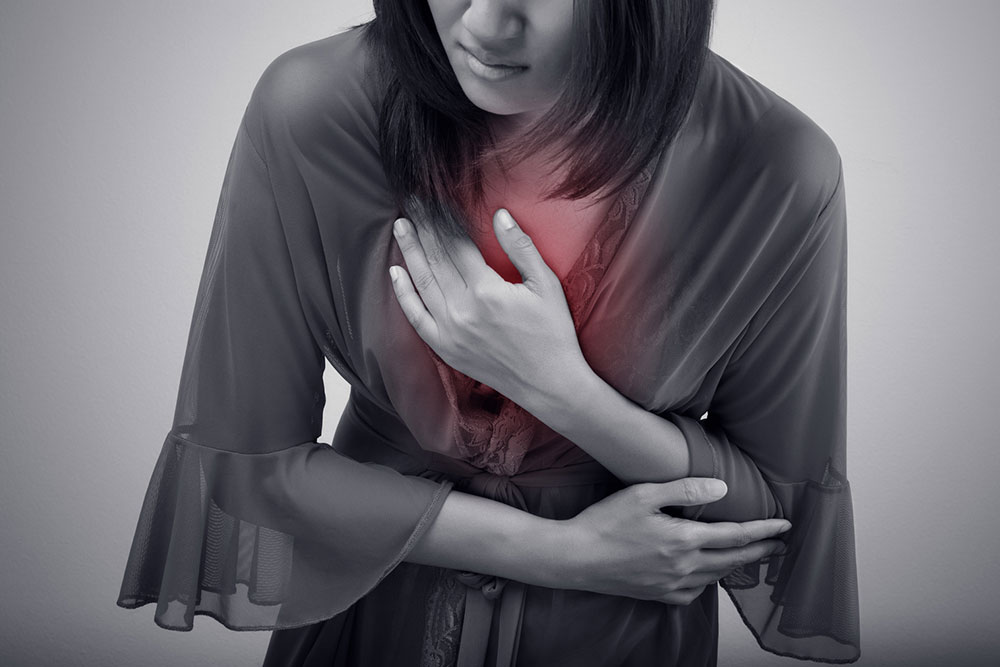Best Treatment Options For Heartburn
Best treatment options for heartburn
Heartburn is a common health issue which causes a painful burning feeling in your chest. It is also known as acid reflux. It occurs when the stomach acid frequently flows back into the esophagus. This acid reflux causes irritation in the tube that connects the mouth and the stomach. Most people experience acid reflux once in a while or when they consume specific types of foods or drinks.

Heartburn can be a common symptom associated with the health condition called the gastroesophageal reflux disease, which is commonly known as the GERD. If it occurs once in two weeks, it is considered to be a case of mild GERD. If you experience heartburn more than once in a week, it can be a severe case of GERD.
You can get rid of or at least control the frequency of heartburn by changing your lifestyle and including foods that help ease heartburn. Sometimes, taking over-the-counter medications can also be helpful. In severe cases of heartburn, the treatment might require taking strong medication, which is best prescribed by a doctor. Surgical treatment is an option for severe conditions of GERD causing constant heartburn.
You can read more about the symptoms, causes, and treatment options for heartburn below.
What are the symptoms of heartburn?
- A burning sensation in the central part of the chest, which gets worse in the night
- Pain in the chest
- Difficulty swallowing
- A sour taste in the throat
- Regurgitation of food
- Shortness of breath
- A dizzy feeling
- Cold sweat
- A chronic cough, laryngitis, and disrupted sleep in severe conditions
- Persistent hoarseness (a hoarse voice)
- Stomach pain
- Burning in the upper abdominal area
How is heartburn diagnosed?
- Upper endoscopy is used to examine the insides of the upper stomach and the esophagus.
- A pH probe (nasal catheter) test is used to evaluate the backflow and the extent of backflow of acid from the stomach to the esophagus as well as acid reflux. However, a test known as the esophageal motility test is first conducted to determine the perfect position for the placement of the pH probe.
- An X-ray of the upper digestive system, known as barium swallow radiograph, is conducted.
- Esophageal manometry is used to test the rhythmic muscle contractions in the esophagus after food is swallowed.
What are the treatment options for heartburn?
- Over-the-counter antacids to neutralize the acid in the stomach.
- Over-the-counter H2 blockers to reduce the production of acid in the stomach.
- Proton pump inhibitors to reduce acid production that helps in healing the esophagus.
- Prescription medicine that includes H2 receptor blockers.
- Prescription medicine to help strengthen the esophageal sphincter.
- A surgical procedure called fundoplication in which the top of your stomach is wrapped around the lower esophageal sphincter, which tightens the muscle and prevents acid reflux.
- A surgical procedure to implant a LINX device. In this procedure, a ring of tiny magnetic beads is used to wrap the junction where the stomach and esophagus meet.
What are the home remedies for heartburn?
- Mixing two tablespoons of apple cider vinegar with 3-6 ounces of water helps in neutralizing the acids in the stomach.
- Ginger tea is one of the major foods that help in easing heartburn.
- Sodium bicarbonate is a commonly used home remedy for the treatment of heartburn.
- A cup of aloe vera juice helps in fighting against acid reflux.
- Bananas and apples contain natural antacids, and they are ideal foods that help in controlling heartburn.
- Drinking cinnamon tea helps to relieve heartburn.
- A cup of pineapple juice is also an ideal home remedy for heartburn.
- Two drops of peppermint oil with cold water relieves the symptoms of heartburn.
- Chewing candies or gum also work against heartburn.
What lifestyle changes can be made to control/ease heartburn?
- Avoid overeating or eating large meals, especially in the night. Consume smaller portions or snack-sized meals at regular intervals.
- Lose belly fat and maintain body weight ideal to the body height.
- Follow a low-carb diet that includes foods that help ease heartburn.
- Identify the foods that trigger heartburn and avoid them.
- Avoid eating in the late hours of the night. Try to have your last meal at least three hours before going to bed.
- Limit alcohol intake.
- Avoid consuming too much coffee.
- Keep a check on the intake of carbonated beverages.
- Avoid eating raw onions.
- Limit your intake of citrus juices.
- Put your head in an elevated position while you sleep.
- Avoid wearing tight clothes that add pressure to the abdomen.
Disclaimer:
The content provided on our blog site traverses numerous categories, offering readers valuable and practical information. Readers can use the editorial team’s research and data to gain more insights into their topics of interest. However, they are requested not to treat the articles as conclusive. The website team cannot be held responsible for differences in data or inaccuracies found across other platforms. Please also note that the site might also miss out on various schemes and offers available that the readers may find more beneficial than the ones we cover.




